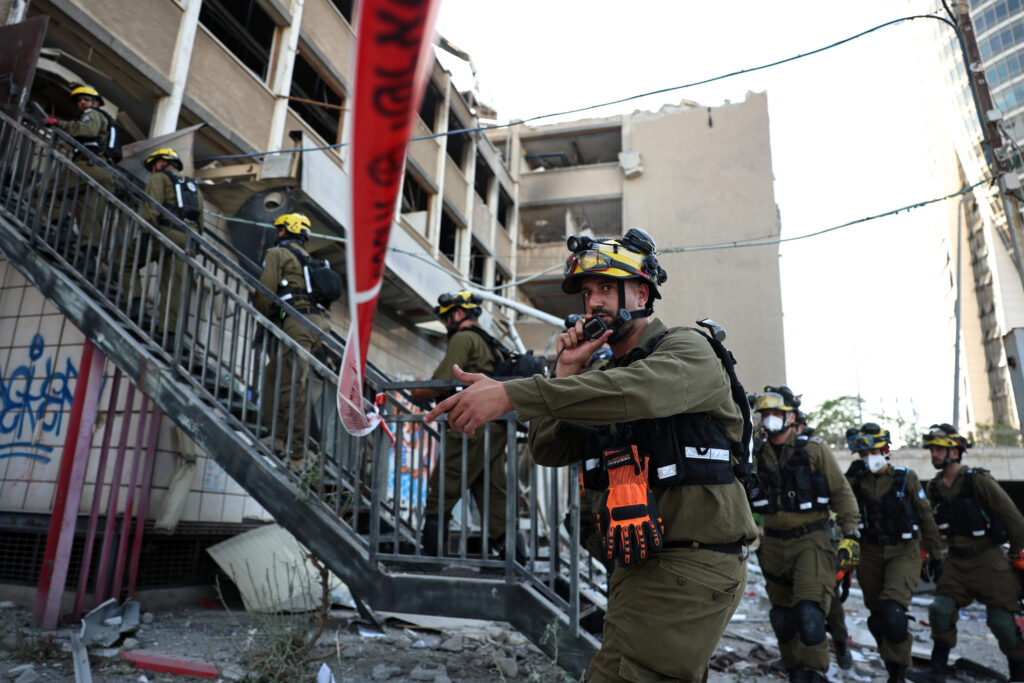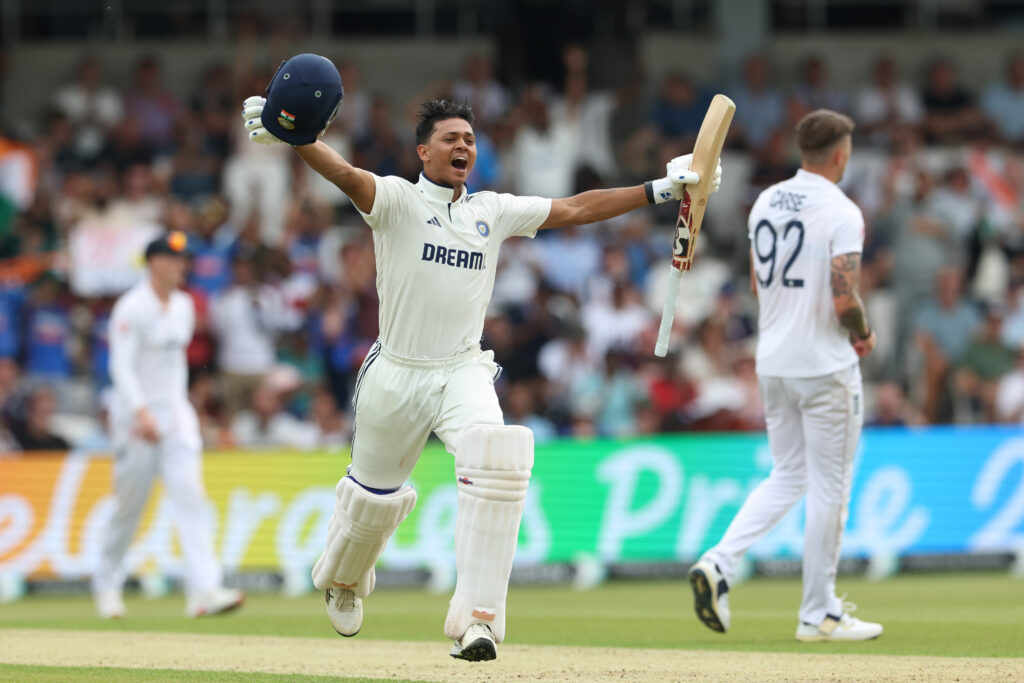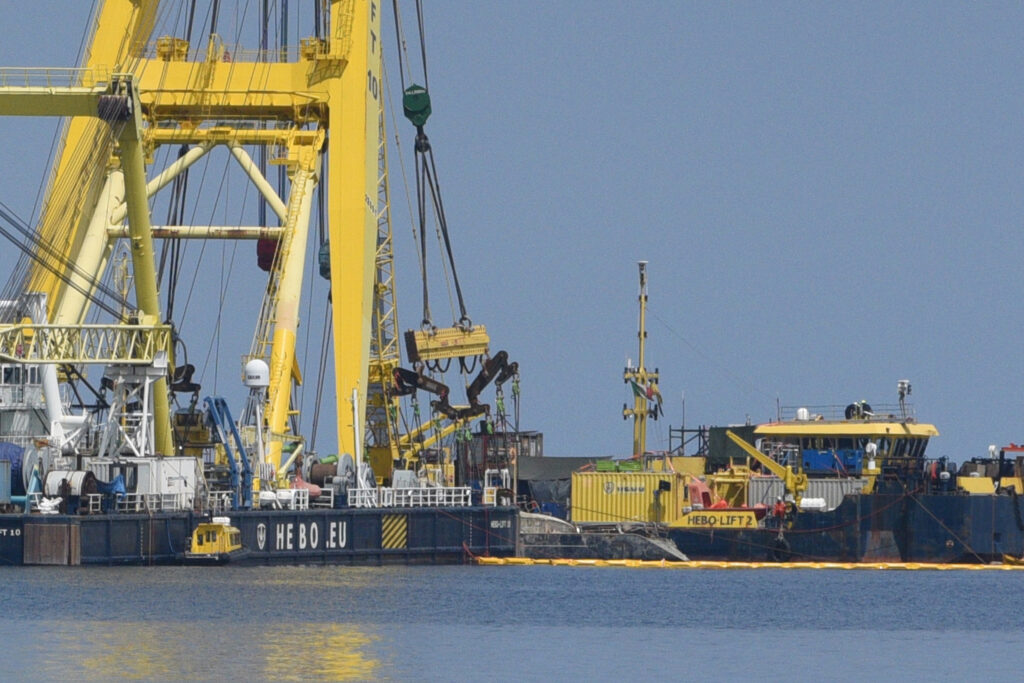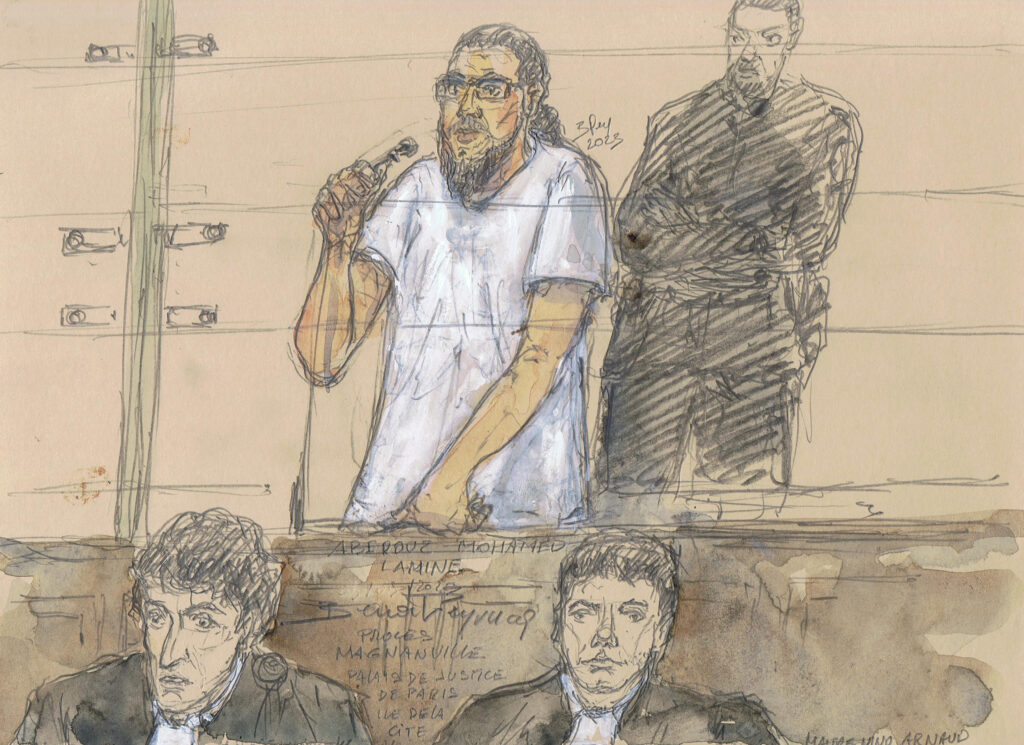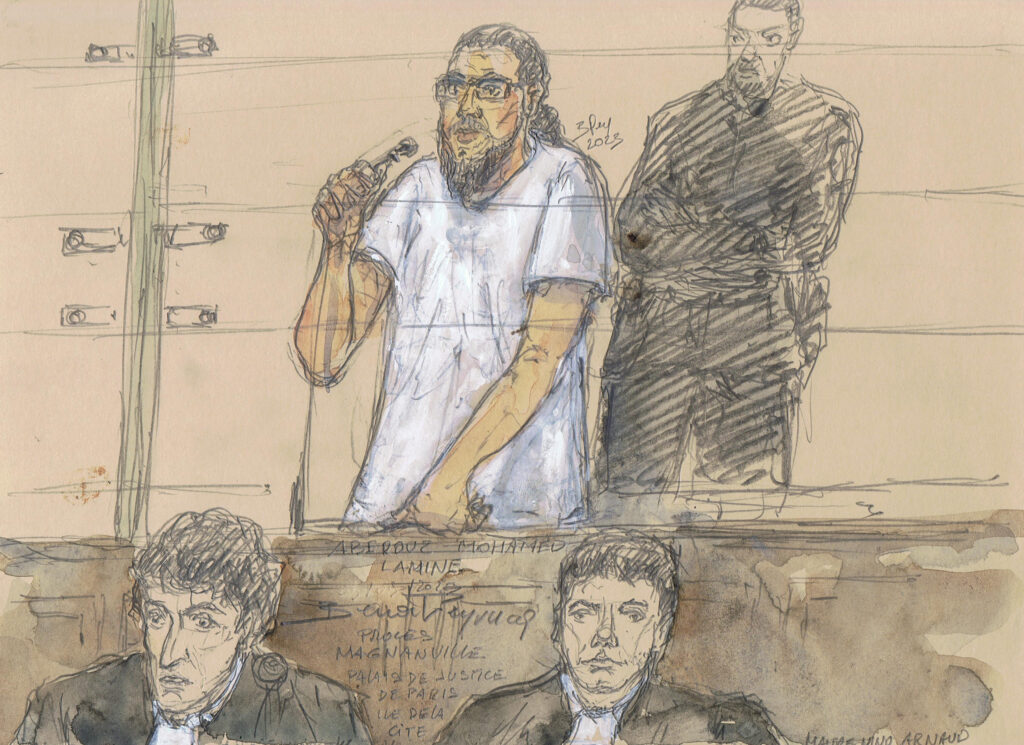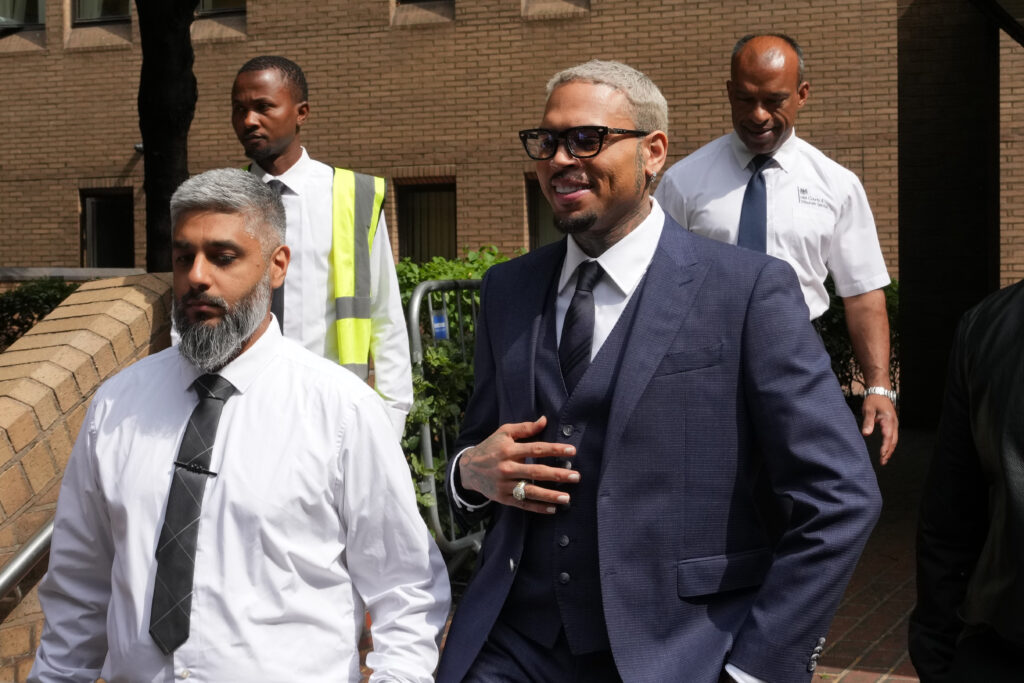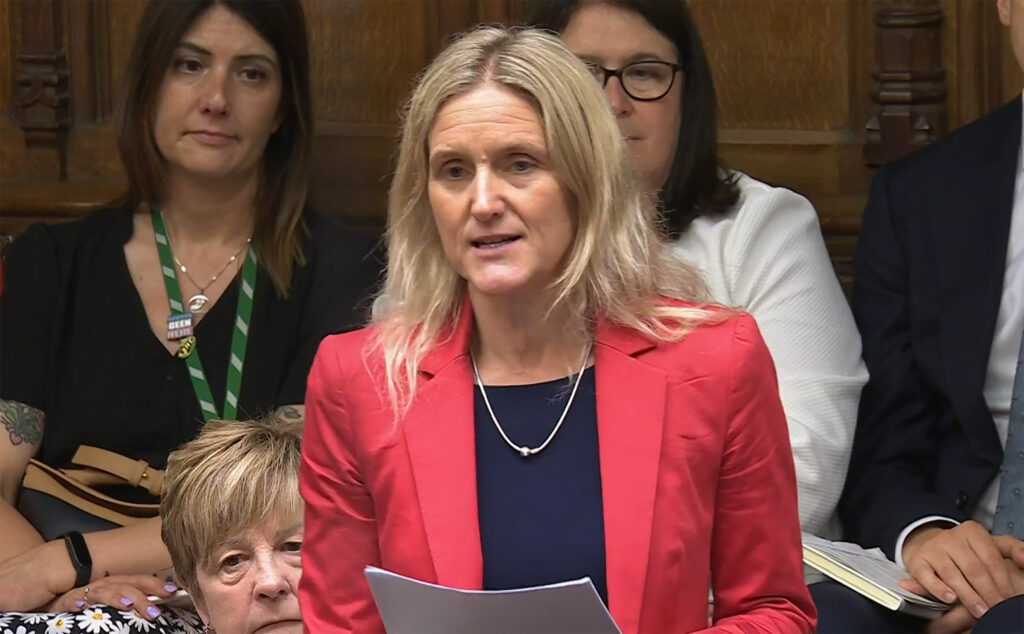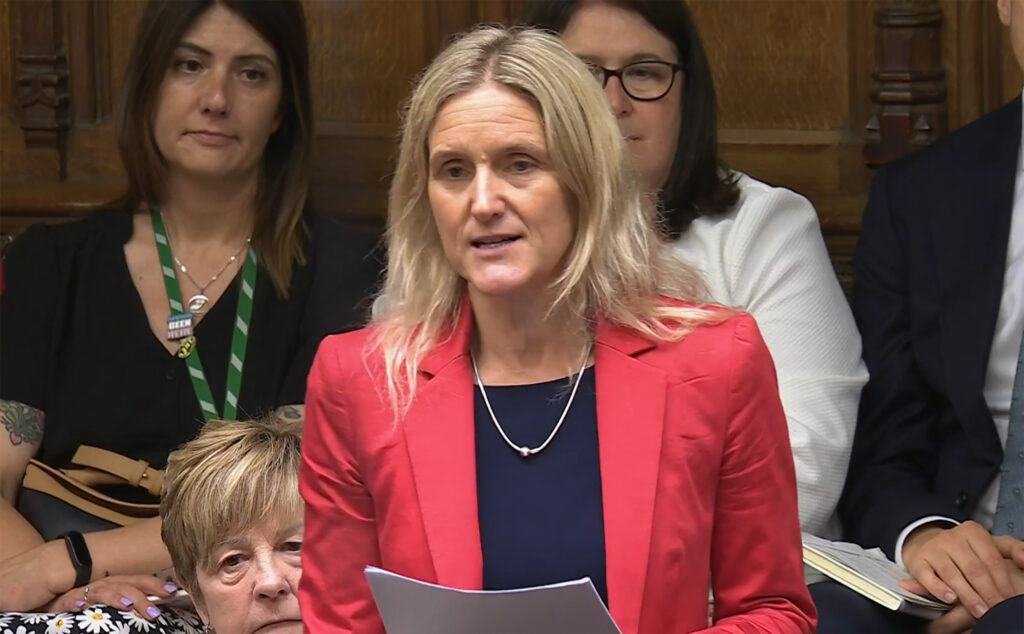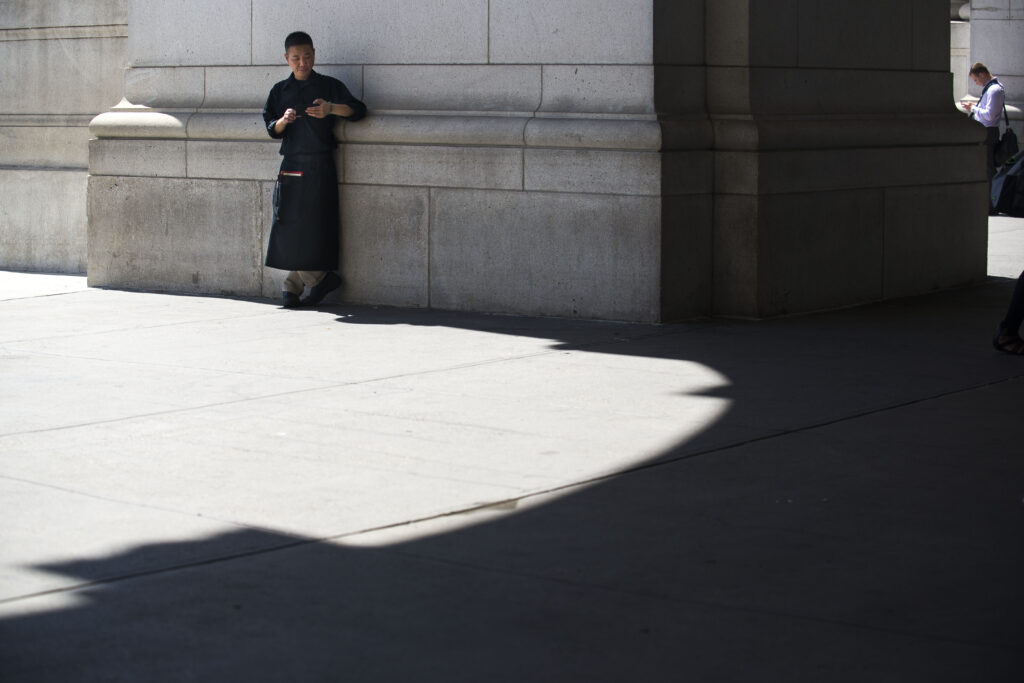Iran missile barrage leaves 19 injured in Israel’s Haifa: hospital
Missiles fired from Iran on Friday left at least 19 people injured in the northern Israeli port of Haifa, a local hospital said, on the second week of war between the arch foes.Iran has been firing daily missile salvos at Israel for the past week, since a wide-ranging Israeli attack on the Islamic Republic’s nuclear installations and military bases triggered war.At least one projectile appeared to evade Israel’s air defences, slamming into an area by the docks of Haifa where it damaged a building and blew out windows, littering the nearby ground with rubble, AFP images showed.A spokesman for the city’s Rambam hospital said 19 people had been injured, with one in a serious condition.Earlier, Israel’s Magen David Adom rescue service reported two people had been injured by falling shrapnel after the attack but did not specify the location.Israeli President Isaac Herzog said in a statement that Haifa’s Al-Jarina mosque “was struck by an Iranian missile, injuring Muslim clerics and worshippers at prayer”.Foreign Minister Gideon Saar later shared a similar message on social media, adding that “the Iranian regime is targeting Muslim, Christian and Jewish civilians, as well as civilian sites. These are war crimes.”A military official said that “approximately 20 missiles were launched towards Israel” in the latest Iranian salvo.Around 20 minutes after the air raid sirens were activated, the army released a statement saying people were allowed to leave bomb shelters.Earlier Friday, sirens rang out in parts of the country following another Iranian missile launch.AFP footage showed police operating in the southern Israeli city of Beersheba, alongside emergency response teams and bomb disposal expert.Security forces there inspected a crater near residential buildings, where the wreckage of charred cars lay below the mangled metal of destroyed balconies.The Soroka Hospital in the city was struck on Thursday, injuring 40 people.Israel, saying Iran was on the verge of developing nuclear weapons, launched a massive wave of strikes on June 13, triggering an immediate retaliation from Tehran.Residential areas in both countries have suffered, while Israel and Iran have traded accusations of targeting civilians.At least 25 people have been killed in Israel by Iranian missile strikes, according to authorities.Iran said on Sunday that Israeli strikes had killed at least 224 people, including military commanders, nuclear scientists and civilians.
